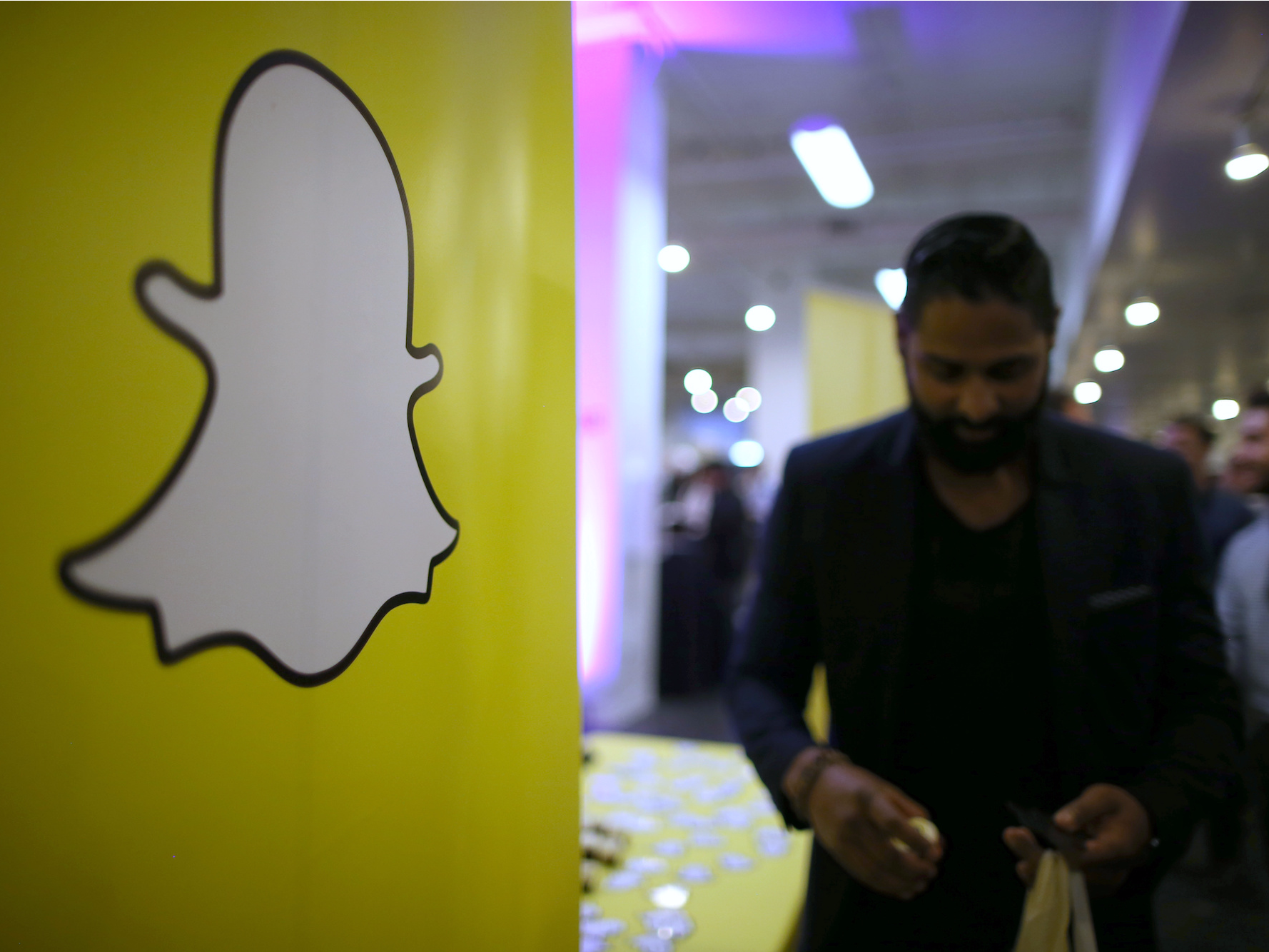Shares of Snap Inc. got slapped with a “sell” rating as they made their trading debut.
The parent company of Snapchat opened up at $24, up 41% from the initial public offering price of $17 per share. It was a solid start for the first social-media IPO since Twitter went public.
But Brian Wieser, an analyst at Pivotal Research Group, placed a price target of $10 on the stock, or 58% lower than its opening price.
“Investors in Snap will be exposed to an upstart facing aggressive competition from much larger companies, with a core user base that is not growing by much and which is only relatively elusive,” Wieser said in a note on Thursday.
“It has a promising and innovative advertising offering, but so far it is still mostly unproven and difficult to quantify its ultimate scale. Investors will also be exposed to a novel corporate structure operated by a senior management team lacking experience transforming a successful new product into a successful company. High expenses and cash costs to run the company are negative as well.”
Wieser was also concerned about the dilution that would happen when Snap issues more shares to its employees.
One thing the app has going for it, Wieser said, is the size of its audience relative to individual TV properties like MTV and Comedy Central, which also skew young.
It would be tough to outdo the competition for advertisers' wallets, with Facebook and Google poised to get a "first look" and a disproportionate share of revenues, Wieser said. He compared their "duopoly" to the big broadcast networks who are best suited to meet advertisers' needs compared to their smaller rivals.
Unlike television, the advertising platform Snapchat offers is new and could require companies to hire external talent to develop their campaigns. The extra costs and creative process may be a deterrent, he said.
Wieser also noted that Snap has said its user growth has recently slowed around the world. There's no certainty, he added, that a larger audience would automatically attract the business it needs to meet shareholders' expectations.
Snap is "significantly overvalued given the likely scale of its long-term opportunity and the risks associated with executing against that opportunity," Wieser said.

